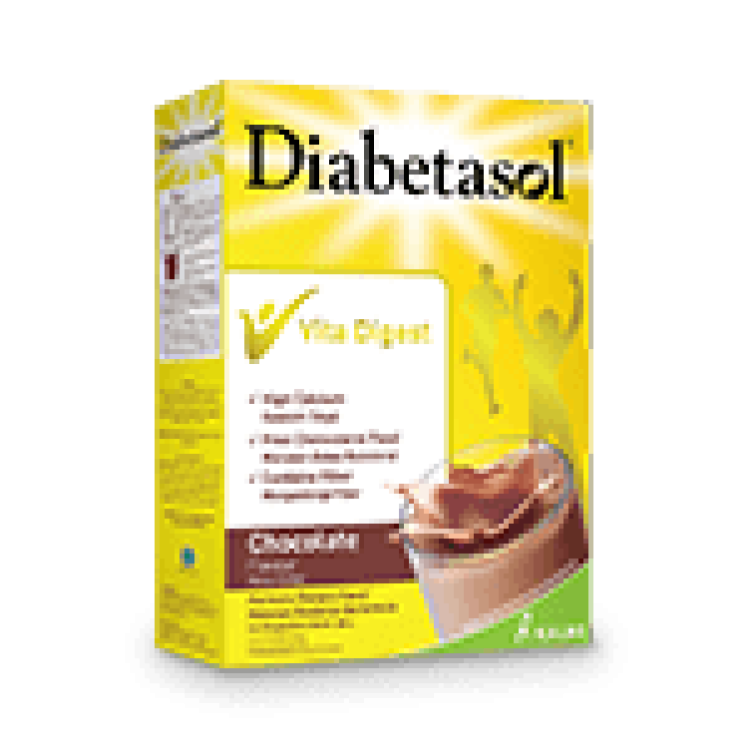The best milk for people with diabetes
Milk is a staple of many diets, but its carbohydrate count can impact blood sugar, which might be a concern for people with diabetes.
Carbohydrates take the form of lactose in milk. Lactose is a natural sugar that provides energy to the body. An 8-ounce (oz) serving of milk contains 12 grams (g) of carbohydrates.
The American Diabetes Association (ADA) recommends individualizing carbohydrate content at meals to obtain healthy blood sugar levels. Checking your blood sugar before and after meals can help you identify to which foods and in what quantities the body and blood sugar respond.
Start with 1 or 2 servings at a meal, or 15 to 30 g of carbohydrates. Many factors can change the recommended amount of milk, however. One cup of cow milk provides 12 grams of carbohydrates, which is equivalent to one serving.
While cow’s milk adds calcium to the diet, its impact on blood sugar should cause a person with diabetes to consider alternatives.
The “best” milk for a person with diabetes depends on the flavors they prefer, the rest of their daily diet, and their overall daily carbohydrate intake.For example, if a person aims to reduce their carbohydrate intake as much as possible, almond and flax milk contains nearly zero carbohydrates.
All cow’s milk does contain carbohydrates, and it is important for people with diabetes to factor this into their carbohydrate counts. However, skim milk can be a lower- fat, lower-calorie option for people who are not lactose intolerant and prefer cow’s milk.
Lower-fat foods and beverages like skimmed milk might result in a higher blood sugar level due to faster absorption. Glucose monitoring might therefore be helpful to determine if and what kind of cow milk is best.

